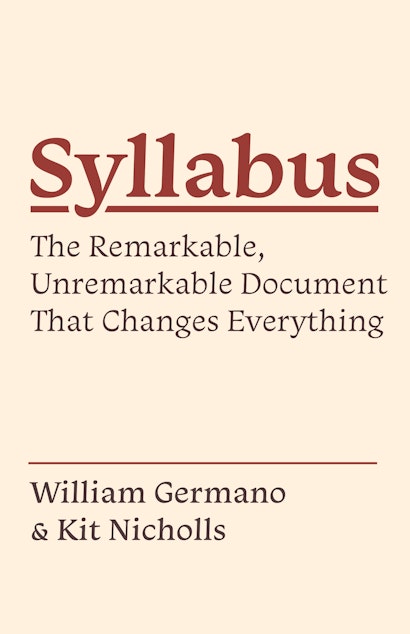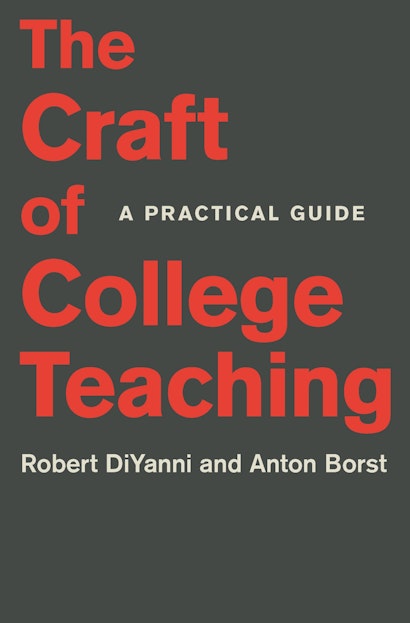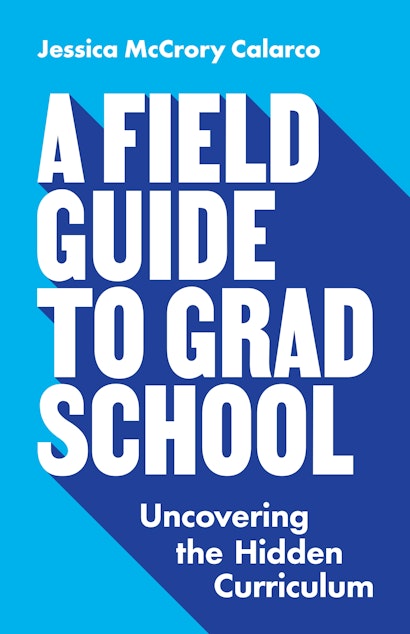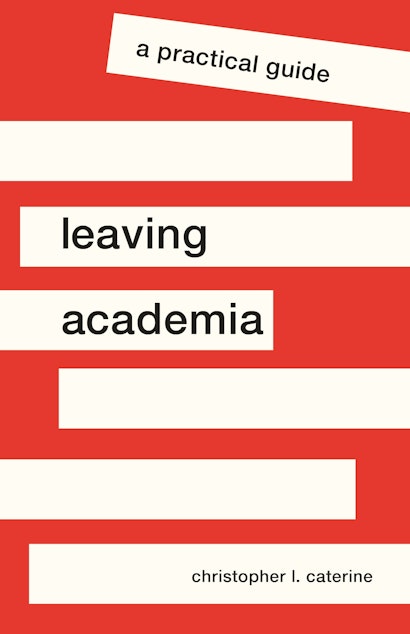Any discussion of scholarly tools at Princeton University Press naturally begins with a reverent nod to the printing press—for obvious reasons but also subtler ones. Since 1911, the Press’s headquarters have been housed in a timeless Collegiate Gothic building (later named for benefactor Charles Scribner), designed by Ernest Flagg and sitting at the edge of Princeton’s campus. The story goes that Scribner, on a European jaunt in 1909, found inspiration for the design of what would become the Press’s lasting home when he visited Antwerp’s Plantin-Moretus Museum, located on the site of the 16th-century print shop of Christophe Plantin. In this early printing plant, a mere century after the introduction of movable type in Europe, Plantin had empowered scholars of the day through the then-new communications technology: books—the technology that enabled the rise of the modern scholarly infrastructure around the world.
Today, Princeton’s global scholarly publishing operations embody those tools, from our beloved Scribner Building (whose lobby once echoed with the cacophony of the presses) to the elegant Plantin typeface that sets the tone for our website, to our very name—all these stand in tribute to Gutenberg’s invention, Plantin’s innovation, and the living legacy of books.
Enter Skills for Scholars, a new list of titles from Princeton University Press offering an invigorating and imaginative focus on the tools of scholarship. With this series we seek to empower a new generation of academics with 21st century skills while inviting all scholars to rediscover what drew them to academia in the first place: a love of teaching, learning, and the scholarly conversation.
Now, in the second decade of the 21st century, the scholarly plates are once again shifting and the need for new infrastructure emerging. Academics are answering the call, as never before, to work across disciplines, in print and online, in multiple media, remotely and onsite, in oceans of data and images, internationally, in teams and in partnerships, and with colleagues and students from diverse social and cultural backgrounds. Skills for Scholars encourages in this new generation a fresh viewpoint, a honing of skills, a way of combining established principles with new practices, a burst of inspiration, and a thoughtful perspective on academic and professional pathways.
The Books
In development at the Press for the past two-and-a-half years, Skills for Scholars is now ready to launch, with a vibrant and diversified lineup of titles publishing from 2020 through early 2021. Providing a springboard for the new series are Robert DiYanni and Anton Borst’s The Craft of College Teaching: A Practical Guide and Scott Newstok’s How To Think like Shakespeare: Lessons from a Renaissance Education, both recently published; and, forthcoming this autumn, William Germano and Kit Nicholls’ Syllabus: The Remarkable, Unremarkable Document that Changes Everything, Jessica McCrory Calarco’s A Field Guide to Grad School: Uncovering the Hidden Curriculum, and Christopher L. Caterine’s Leaving Academia: A Practical Guide. Scheduled for publication in spring 2021 are Zachary Schrag’s The Princeton Guide to Historical Research, Laura Portwood-Stacer’s The Book Proposal Book: A Guide for Scholarly Authors, Ken Bain’s Super Courses: The Future of Teaching and Learning, Robert DiYanni’s You Are What You Read: A Practical Guide to Reading Well, and Amanda Irwin Wilkins and Keith Shaw’s The Pocket Instructor: Writing: 101 Exercises for the College Classroom.
Also in the Skills pipeline, a host of outstanding authors are working on varied and promising projects, including Helen Sword on Writing with Pleasure; Leonard Cassuto’s The Handbook of Academic Writing; John Weeren’s style guide for higher-ed professionals, The University Writes; and Sara Verskin’s guide to online research for students, Getting Research Right. And our slate of Skills titles will expand further as we continue our discussions with future authors on topics ranging from the research paper and a guide to urban colleges through first-generation student development, inclusive teaching, student transfer, mentoring, the quantitative argument, academic ethics, visual grammar, and professional development.
A Series Is Born, Amid Change
Skills for Scholars is taking shape just as currents of change are converging to alter education’s course, prompting many PUP authors to action. As COVID-19 makes profoundly clear, the timeless act of education is intimately implicated with elements of necessary and timely change. Educators, students, and entire systems of education are being challenged to reconsider their approaches to scholarship, with impacts of change reaching far into the future in ways we can’t yet predict.
William Germano and Kit Nicholls, authors of Syllabus, could, in their preface, easily provide a keynote for the Skills series:
As we finish copyediting, we and teachers everywhere are living through a historic disruption in our teaching practices due to COVID-19, yet another reminder that everything about teaching is always contingent, always subject to (sometimes radical) change. This book’s focus remains squarely on your own thinking about your students—not on us “delivering” a single program for teaching. Online or in person, in crisis or in the mundane grind of another term, teaching is about process, not object.
In Super Courses, author Ken Bain illustrates how effective course design can help smooth the transition to online environments, citing Eric Mazur’s famed Applied Physics 50 course at Harvard as an example:
[S]tudents came from multiple time zones and spread back across the globe when the campus closed in Cambridge, Massachusetts, but they didn’t miss a beat, continuing to struggle with the concepts and their applications. The class could still employ Perusall to read the textbook in a social environment, and mutually support and encourage one another in doing so. Conceptests remained as vibrant as ever, and no worse the wear from their new residence online.
Robert DiYanni and Anton Borst, authors of The Craft of College Teaching, ponder pedagogical adaptations to virtual settings:
Asynchronous approaches are often the more flexible option in online learning environments, as they allow us to off-load a lot of the work of learning onto students to be done in their own time. But, without a captive audience in the classroom before us, that may also mean we have to think more deliberately about motivating and scaffolding student learning than we’re used to.
In Inside Higher Ed, Chris Caterine, author of Leaving Academia, comments on avenues of professional support:
The COVID-19 crisis stands to drive more Ph.D.s from academia than any event in living memory. These graduate students and Ph.D.s require a diverse array of strong and economical resources to identify their strengths, build new knowledge sets and prepare for whatever the economy will look like on the other side of this pandemic. Professional societies, financially secure institutions and individual actors must all do their part to provide them.
And speaking to the pandemic’s impact on students, Jessica McCrory Calarco, author of A Field Guide to Grad School, emphasizes empathy:
“I’m providing as many accommodations as possible to give students the opportunity to learn,” Calarco said. “I can’t assume that students who are struggling with technology or health problems or challenges in their living situations will feel comfortable coming forward and asking for help.”—Indiana Daily Student
From Plantin’s Tools to Power Tools: Interactive Publishing Strategies
Much as Christophe Plantin’s novel use of movable type represented publishing innovation in the 1500s, today’s rapidly evolving communications environment provides new and interesting ways to connect our authors’ ideas to a community of readers and listeners who value the development of scholarly skills as an essential part of scholarship itself. Our Skills readers—faculty, researchers, students (both graduate and undergraduate), and other academic and knowledge professionals around the world—access and generate knowledge in dynamic ways, and we are proud to match that innovation in the tools that we and our authors employ. Along with publishing print and digital editions of each of our books, PUP is proud to link with our authors’ endeavors in advancement of the scholarly conversation, in ways such as:
- Dynamic websites: Zachary Schrag, author of The Princeton Guide to Historical Research, hosts the popular and widely admired HistoryProfessor.org, supporting students of history with advice on research, writing, and other scholarly topics.
- Educational consulting: Laura Portwood-Stacer, author of The Book Proposal Book, conducts a lively business called Manuscript Works, offering workshops, advice on book-proposal preparation, and the “Manuscript Works” newsletter.
- Workshops and seminars: Ken Bain, author of Super Courses, is justly well-known for his leadership of The Best Teachers Institute, a research and educational organization that has contributed to the advancement of teaching through its workshops and annual summer program.
- Author columns and articles: Jessica McCrory Calarco, author of A Field Guide to Grad School, writes regular columns in a host of online publications, as does Scott Newstok, author of How to Think like Shakespeare.
As the list of Skills titles grows, so too will the exciting multimedia contributions of our authors—which we are proud to leverage in support of their books through our own Skills for Scholars page on the PUP website.
Looking Ahead
Future educational historians might look back on these times as some convergence of tectonic magnitude when opportunity grew out of crisis. As we wait for that future to unfold, Princeton University Press is proud to restate our longstanding commitment to education and to support academics in their quest to reground and reinvigorate their craft. We are excited to present these Skills for Scholars, and we look forward to the evolving scholarly conversation.
Peter Dougherty is Editor at Large and former Director of Princeton University Press. Barbara Tonetti is Reference Marketing Manager at Princeton University Press.





